Herschel Data Processing for Newcomers, 24-27 June 2014 - Herschel
General
Successfully launched together with Planck on 14 May 2009, Herschel reached the end of its operational lifetime on 29 April 2013, after the exhaustion of its supply of liquid helium coolant, completing almost 4 years of pioneering observations of the cool Universe. Indeed, Herschel has made over 37 000 scientific observations, amassing more than 23 000 hours' worth of science data from about 600 observing programmes, all of which is publicly available from the Herschel Science Archive. Although Herschel observing is now finished, the data collected by this wonderful mission will enable a vast amount of science to be done for many years to come. We expect that it will provide even more discoveries that have been made during the lifetime of the Herschel mission. Our task is now to make the treasure trove of Herschel data as valuable as possible.
Objectives
This workshop, organised by the Herschel Science Centre, in collaboration with the Instrument Control Centres and the NASA Herschel Science Centre, is targeted at an audience of novice users interested in accessing and interpreting Herschel data for the first time, with little or no previous experience in the analysis of Herschel observations using HIPE (Herschel Interactive Processing Environment). We invite preferentially Ph.D. students and young post-docs who have recently started working on projects based on the analysis of Herschel observations.
The workshop, which can only be attended on-line, will consist of a mixture of tutorials and short demos in the format of presentations that will be broadcast live in the mornings of every day. They will include overview talks about general issues like the contents of the Herschel Science Archive, how to access and inspect Herschel products, ways to assess the quality of Herschel data, and the basics of the data analysis with the Herschel Interactive Processing Environment (HIPE). These overview talks will be complemented by demonstrations addressing a variety of instrument-specific data reduction and calibration topics, covering the most frequent aspects that need to be considered when analysing Herschel data. Participants are then encouraged to experiment with the data during the afternoons and then to relay questions to the tutors either via the helpdesk of via the videoconference chat. The first day of the workshop will be devoted to more general issues, while the rest of the days in the week will be oriented to address instrument-specific aspects of Herschel data processing. All presentations will be recorded and posted on the web after the end of the workshop.
Workshop Information & FINAL Agenda (Including Links to Presentations)
- Converted a total of (1) center to div.
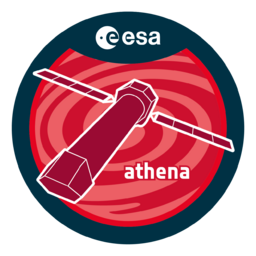
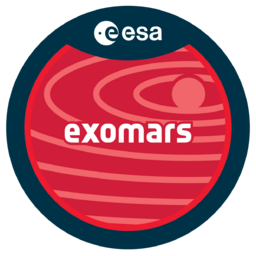
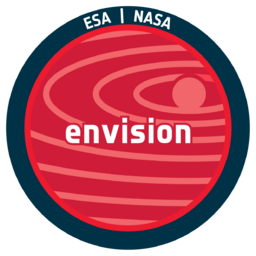
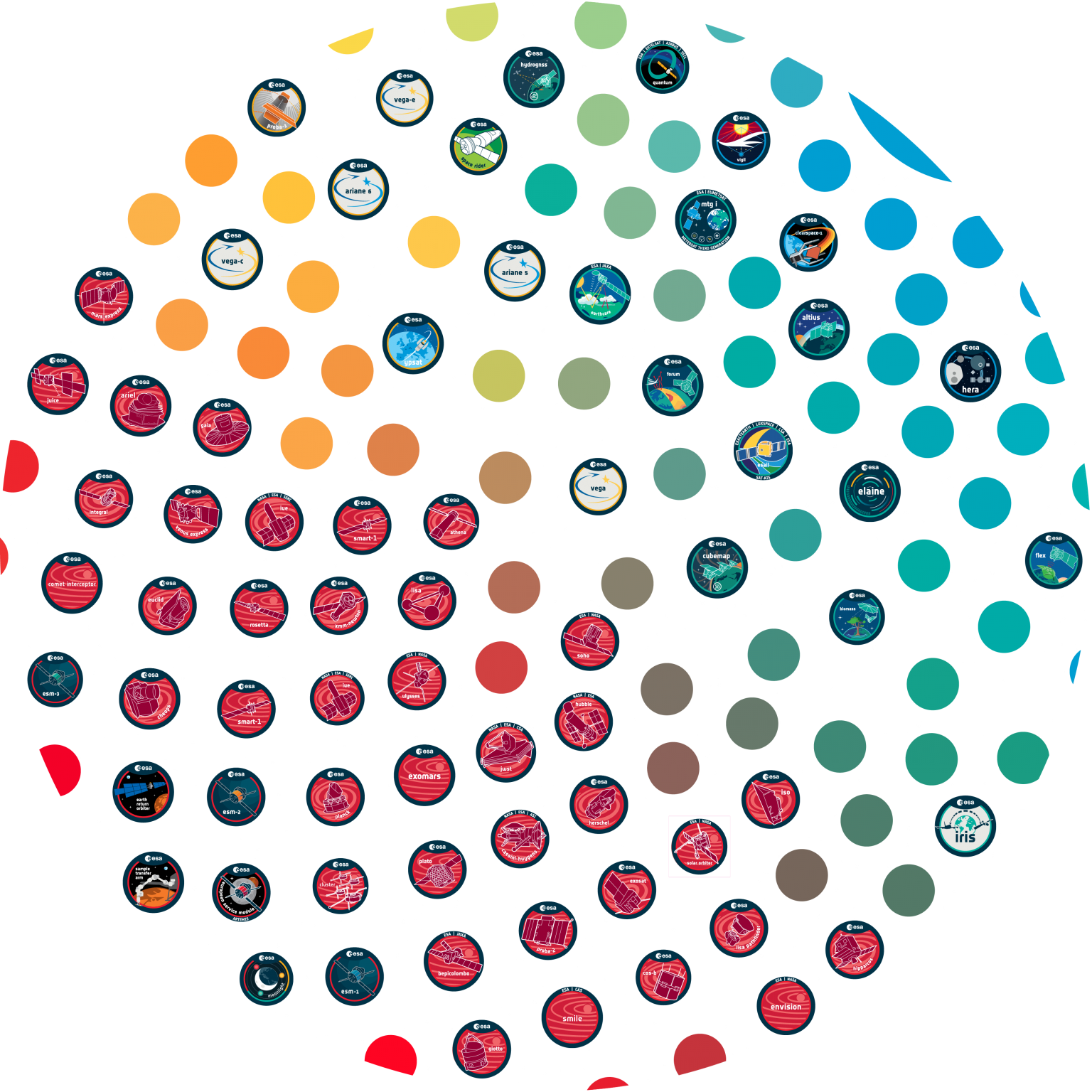
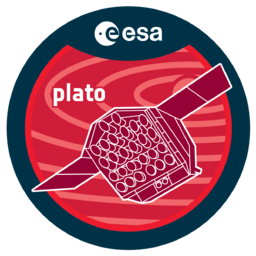
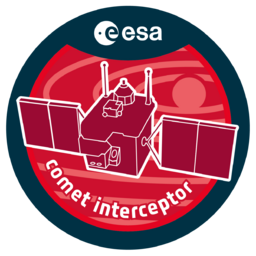

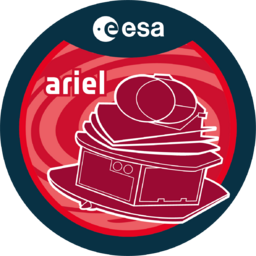
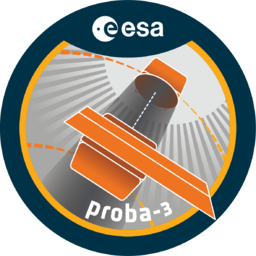
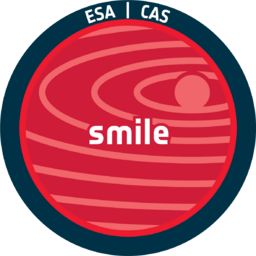
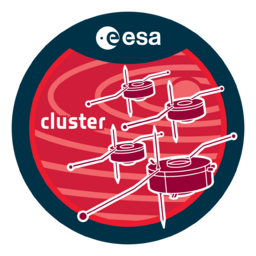
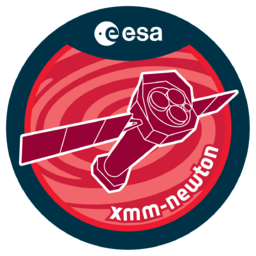
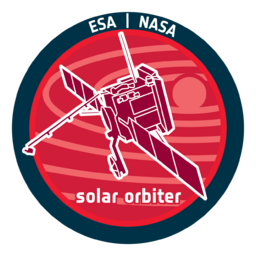
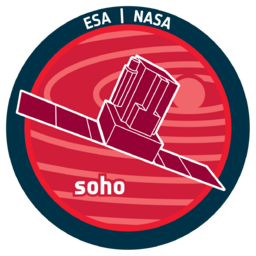
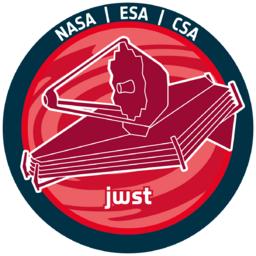
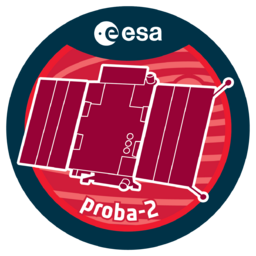
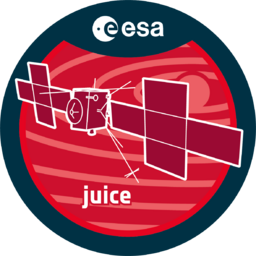
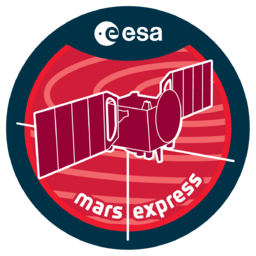
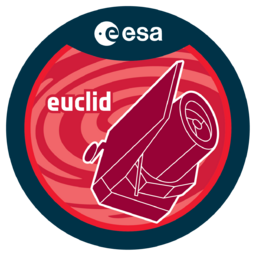
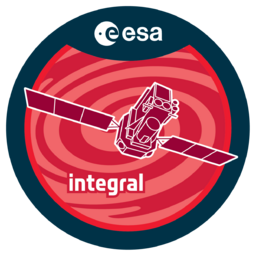
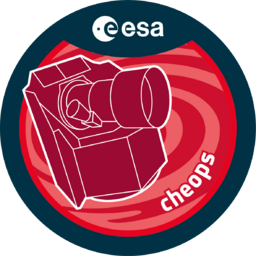
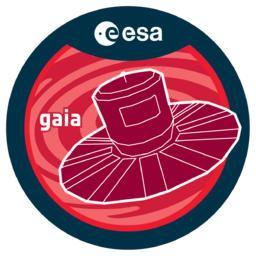
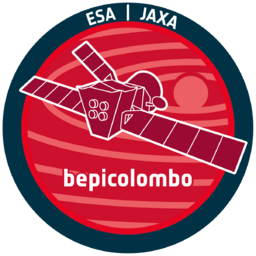
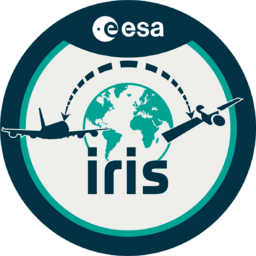
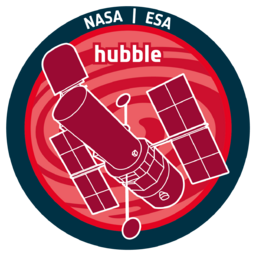
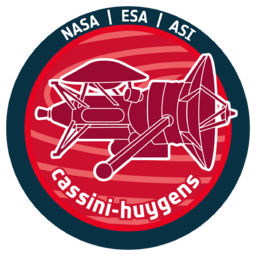
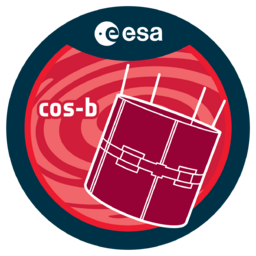
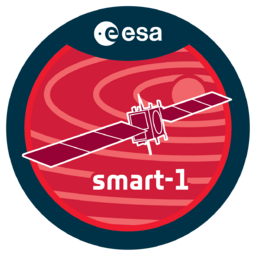
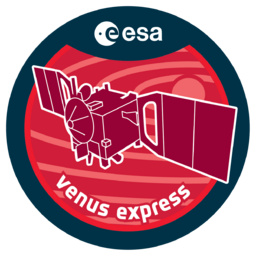
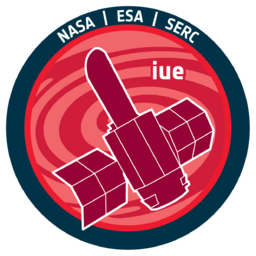
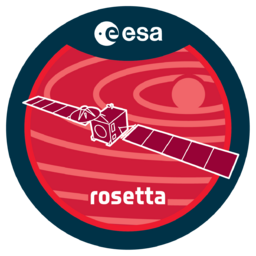
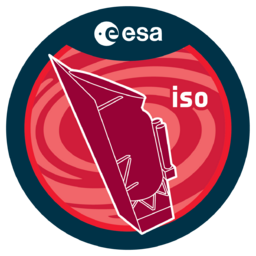

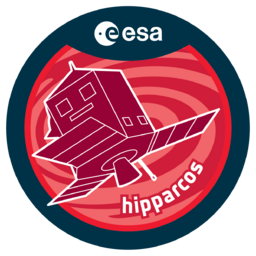
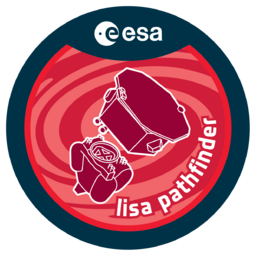
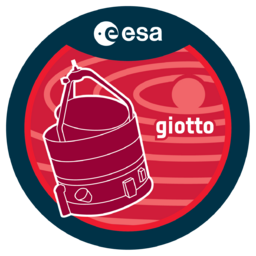
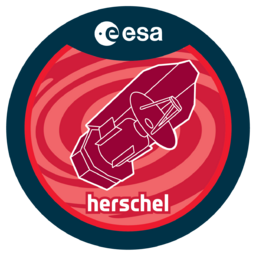
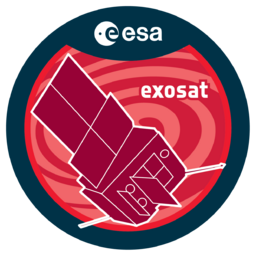
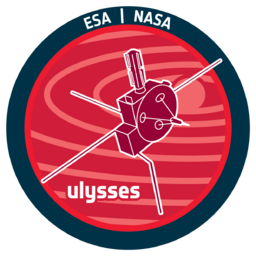

 Sign in
Sign in
 Science & Technology
Science & Technology
